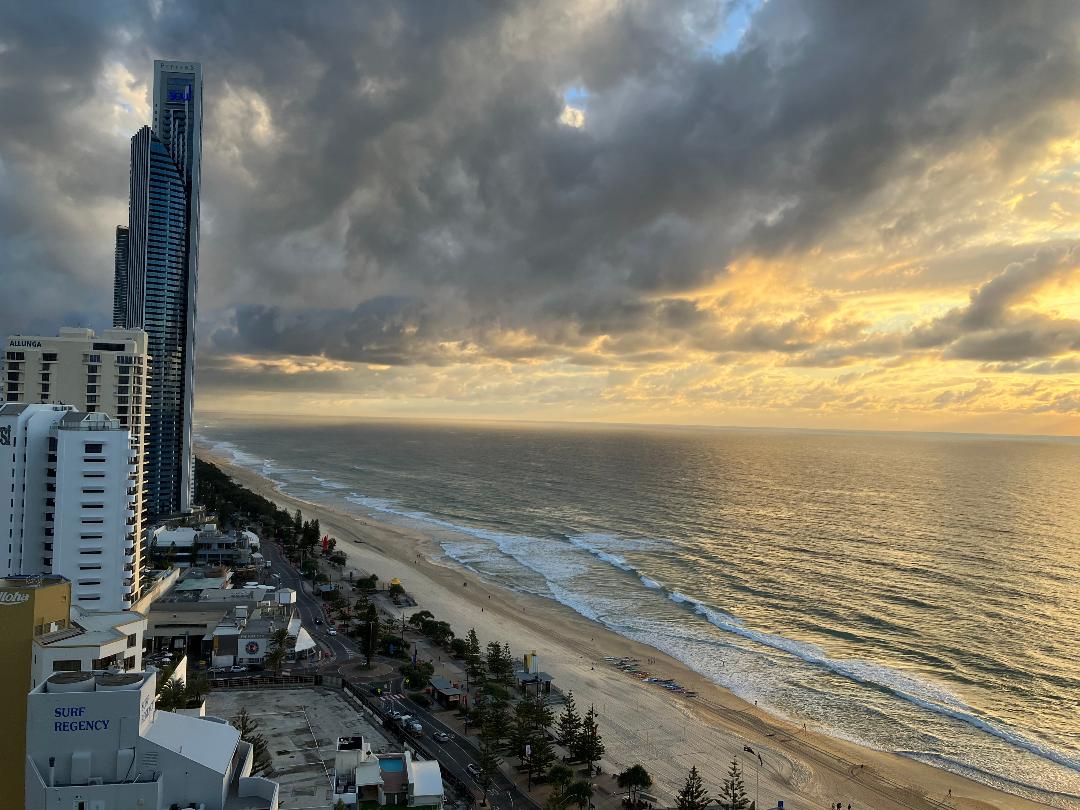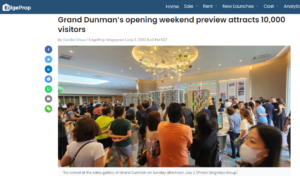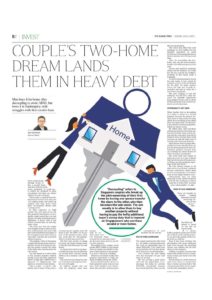
Singaporean Couple’s Two-Home Dream in tatters
Our family have been busy travelling during the recent school holidays, thus we were checking up on the cost of living in different countries as compared to Singapore using this cool website call Numbeo. The top 3 expenses for most people are usually the accommodation, transport and food and we found out that maybe no countries could beat us in the first two category being accommodation and transport. With articles like Singapore being the most expensive country to own private homes in the world and Guinness World of Records of being the most expensive country to own a car, I guess all of us know the reality on how exorbitantly expensive our properties and cars are.
That is to say that, if we were to cash out on our property and car in Singapore and choose to stay in any other country in the world, we should be able to live a more relax and comfortable life or perhaps having the option to retire early.

This EdgeProp article “Grand Dunman’s opening weekend preview attracts 10,000 visitors” exhibits that the FOMO mentality is real even against the all time high property prices, the backdrop of high interest rate environment and looming recession.
Property has always been touted as the sure-win way towards reaching financial freedom in Singapore and epitome of success and prestige. Even ChatGPT agrees with it and stated the reasons as below.

But ChatGPT did mentioned in its last comment stating that even though property ownership is a dream for many but it also comes with their own set of risks and responsibilities.
Almost everyone around you are very eager to build their wealth through properties and jump on every opportunity that comes their way as it is widely view as a sure-win way to be rich, thus many fail to assess the risks involved in it. Let me share what happened to this couple in this particular Straits Times article so that we could be more aware and know what are the risks involved.
The couple lives in a $2 mil condominium with an outstanding debt of $500k which they could had easily paid off during then. Instead, they decided to invest in a $3 mil property by decoupling to avoid paying ABSD (Additional Buyer Stamp Duty for second property). Decoupling involves selling the husband share to his wife, so that the husband who is a business owner could buy the investment property outright without paying ABSD.
The wife who was earning a good income then, took the opportunity to re-mortgage the home for another $750k which ramp up the outstanding loan for the first home to $1.25mil. This pushes up the monthly repayment to about $5.8k which was still manageable due to low interest rate of 1.2% then.
All went well until the pandemic struck, and his business was badly hit which resulted in bankruptcy. As the second property was in his sole name, creditors seized it as part of his settlement in debt. To make matters worse, wife was retrenched recently and had to settle for a lower paying job. She now struggles to pay the mortgage for the first home as monthly repayments have jumped 30% to about $7.6k per month given the current high interest rate environment at 4%.
So from the onset, everything looks rosy on the outside where the husband was a businessman who earns good income that allows him to purchase the second property and the wife was earning good employment income which allows her to solely own the first home after decoupling. Even when everything looks good based on numbers and anticipated future, we really need to do some scenario-based planning when times are good so that we could kind of anticipate what might happened when times are bad. Below are just some of the advice that might be useful when one need to assess risks when making big financial moves.
As properties are highly leveraged, please do stick to a debt level that is manageable base on one income and do add some buffer on top of our TDSR (Total Debt Servicing Ratio) 55% and MSR (Mortgage Servicing Ratio) 30% requirements for getting a loan.
In addition, set aside at least 1 – 2 years of mortgage repayments plus emergency cash to tackle unforeseen circumstances like retrenchment, prolong illness, high interest rate environment etc.
Do not assume that both husband and wife will always have good income throughout their lives. So you need to exercise prudency when taking up long term debt and work out on worst case scenarios.
Making sure you are insured to make sure when things go south, you are adequately covered to protect your downside risks.
Following this old adage of “Not putting all your eggs in one basket” had never been a wiser. Do not concentrate your overall portfolio allocation with just property, as when it does goes south, you will end up with nothing. Make sure you are well diversified in terms of asset classes like Cash, Equities, Bonds, Property, CPF etc.
Sole ownership also carries risk as if one dies without a will, half the property will go to the decease parents if they have no kids. Even if one have kids, it will incurred additional legal costs just to distribute the share to the wife and kids. Lastly, holding a property solely will result you losing the whole asset should you be facing bankruptcy.
The above might seems like you need more than just advice from a property agent, thus a property agent might not be the best person to heed financial advice from. Buying a property is not just about being qualified to take up the loan or avoiding ABSD. It involves knowing about your own unique financial circumstances, financial goals, risk appetite and aspirations.
Thus, do approach a qualified independent financial adviser who could give you a well-rounded analysis and independent advise before you jump at the opportunity.
Hope you learnt something from this sharing and do share your thoughts!
Link and snapshot of Straits Times Article for your reference
https://www.straitstimes.com/business/invest/couple-s-two-home-dream-lands-them-in-heavy-debt

Important: The information and opinions in this article are for general information purposes only. They should not be relied on as professional financial advice. Readers should seek unbiased financial advice that is customised to their specific financial objectives, situations & needs. This advertisement or publication has not been reviewed by the Monetary Authority of Singapore.

Published By:
David Wu
I am a Financial Coach, Certified Financial Planner, and Life Enthusiast.
With over 15 years of experience in international banking and financial services, I am dedicated to empowering individuals to take control of their financial lives. My mission is to demystify complex financial concepts, helping clients right-size their resources and explore a broader spectrum of life choices.
As a passionate advocate for financial literacy, especially within underrepresented communities, I combine holistic, unbiased advice with practical strategies. I believe that living a simple, purposeful life is the key to achieving true financial independence. I am also the founder of minimalistinthecity.com, where I promote minimalism as a pathway toward clarity, purpose, and financial freedom.
Beyond my advisory work, I actively contribute to the digital finance space through platforms like CPF, The Financial Coconut, and iFast, sharing insights that foster financial wellness and literacy. My approach centers on building lasting relationships, walking side by side with my clients on their journey toward financial clarity and personal fulfillment.
I am a firm believer in “living a simple and meaningful life,” and I help my clients discover their ikigai and craft tailored financial plans aligned with their passions. My dedication to education goes beyond one-on-one coaching—I frequently speak at conferences, seminars, and community events, inspiring audiences to embrace deliberate financial and life choices.
When I’m not guiding clients or sharing insights, I enjoy adventures in nature, with goals to climb Mt. Kilimanjaro and trek across Patagonia—reminding us all to seek fulfillment through exploration and purpose.
Let’s collaborate to unlock your financial potential or inspire others to take charge of their financial future.
You can see some of my publicly available work here: https://engage.fa.com.sg/davidwu/
Please feel free to contact me for a no-obligation exploratory chat.

CONTACT US
- 150 Beach Road #12-01/08, Gateway West Singapore 189720
- +65 62221889
- +65 62221019
- feedback@fa.com.sg
